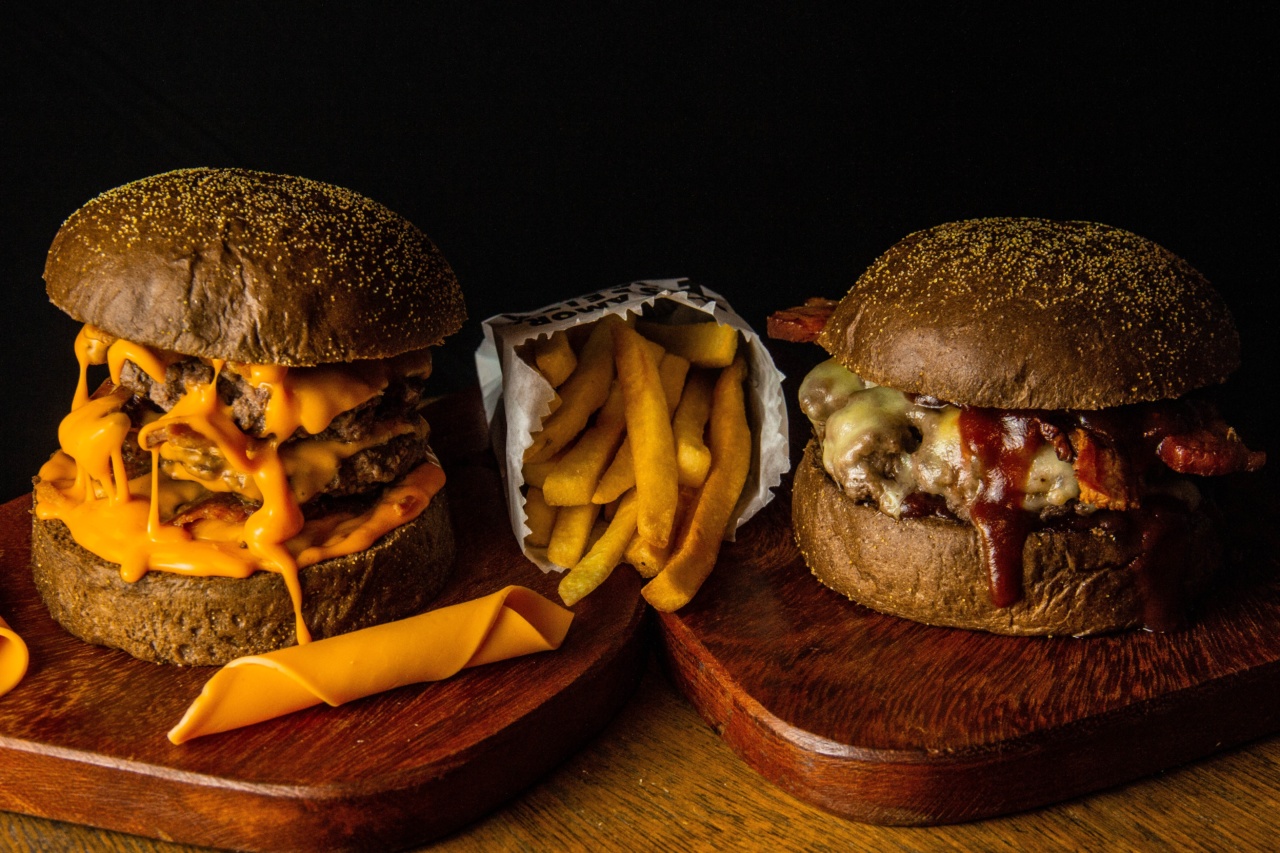Cheese is a beloved food item among many, but sometimes even the most adventurous cheese lover may come across something that they wish they never tasted. These two cheeses are not for the faint of heart and should be approached with caution.
Hákarl
Hákarl, also known as fermented shark, is a traditional Icelandic delicacy that has been enjoyed for centuries. The process of making this cheese is quite unique and goes against all the norms of traditional cheese making.
The first step in making hákarl is to catch a Greenland shark, which is a difficult and time-consuming task. Once the shark has been caught, it is gutted, beheaded, and then buried in a hole in the ground for several months.
During this time, the shark’s body undergoes a process called fermentation, which involves the breakdown of the shark’s proteins to form ammonia.
After several months, the shark is then dug up and hung to dry for an additional few months. The final product is a white, gelatinous meat that has a strong ammonia scent and a pungent taste.
It’s not just the preparation method of hákarl that is off-putting, but the taste and smell as well. Those who have tried it describe the taste as a cross between strong cheese and ammonia, with a smell that is reminiscent of rotten eggs.
If you’re up for a challenge and want to try this cheese, it’s best paired with a shot of Icelandic schnapps to help wash down the taste.
Casu marzu
Casu marzu, also known as maggot cheese, is a cheese that originates from Sardinia, Italy. This cheese is made from pecorino cheese, which is a hard, salty cheese made from sheep’s milk.
The process of making casu marzu is quite unusual and involves allowing cheese flies to lay their eggs on the pecorino cheese. As the eggs hatch, the larvae tunnel into the cheese, breaking it down and causing it to become soft and creamy.
Not only is the idea of eating cheese that is infested with maggots off-putting, but the maggots themselves can cause some health concerns.
As the maggots consume the cheese, they excrete a highly acidic liquid that can cause stomach irritation, vomiting, and even food poisoning.
Despite these risks, casu marzu is still enjoyed by many in Sardinia and is considered a rare and valuable delicacy. Those who are brave enough to try it say that it has a sharp, tangy taste with a creamy texture.
Conclusion
While cheese is typically a food that brings pleasure and joy, hákarl and casu marzu are two cheeses that are not for the faint of heart. These cheeses are known for their off-putting taste and smell, as well as the health risks associated with them.
However, if you’re feeling adventurous and want to try something new, it may be worth giving these cheeses a taste. Just be sure to approach them with caution and always take the necessary safety precautions.































